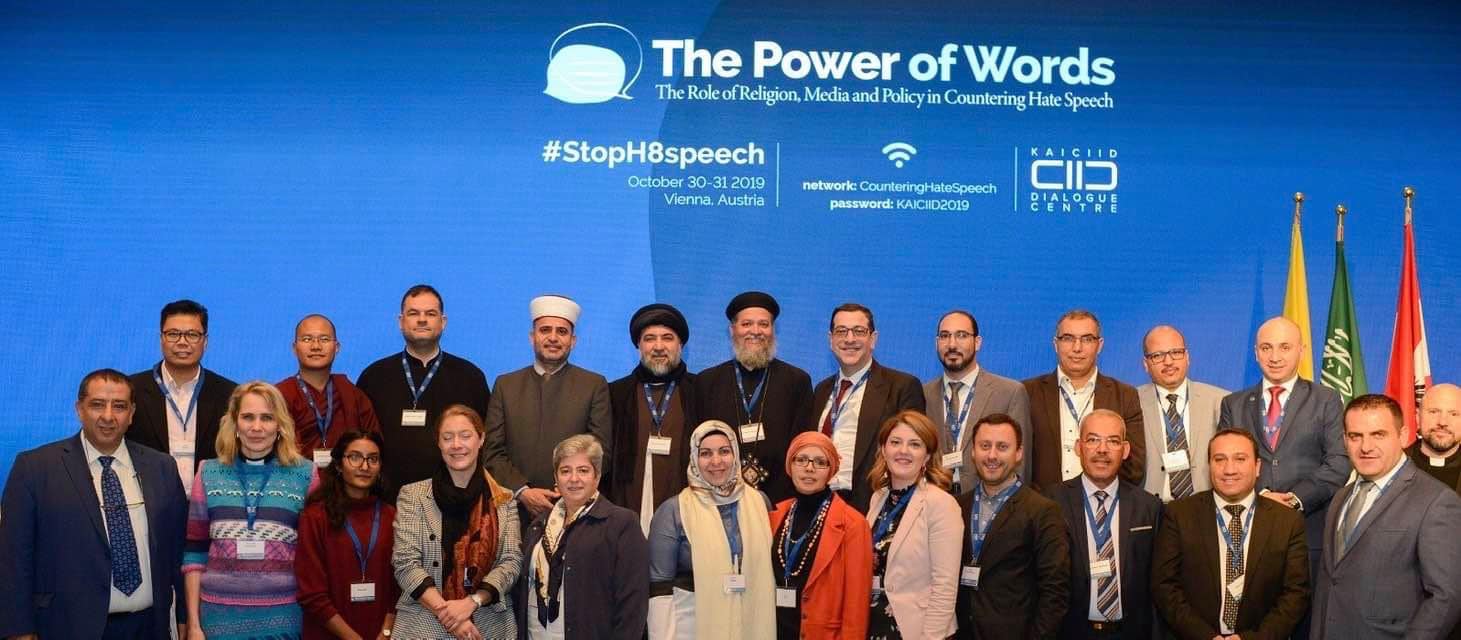Home » Interviews » Islamophobia Expert Anna Stamou to Arabisk London: Muslims in Britain Still Belong to the Lower Class
Interviews
Islamophobia Expert Anna Stamou to Arabisk London: Muslims in Britain Still Belong to the Lower Class
Published
2 years agoon
By
Huda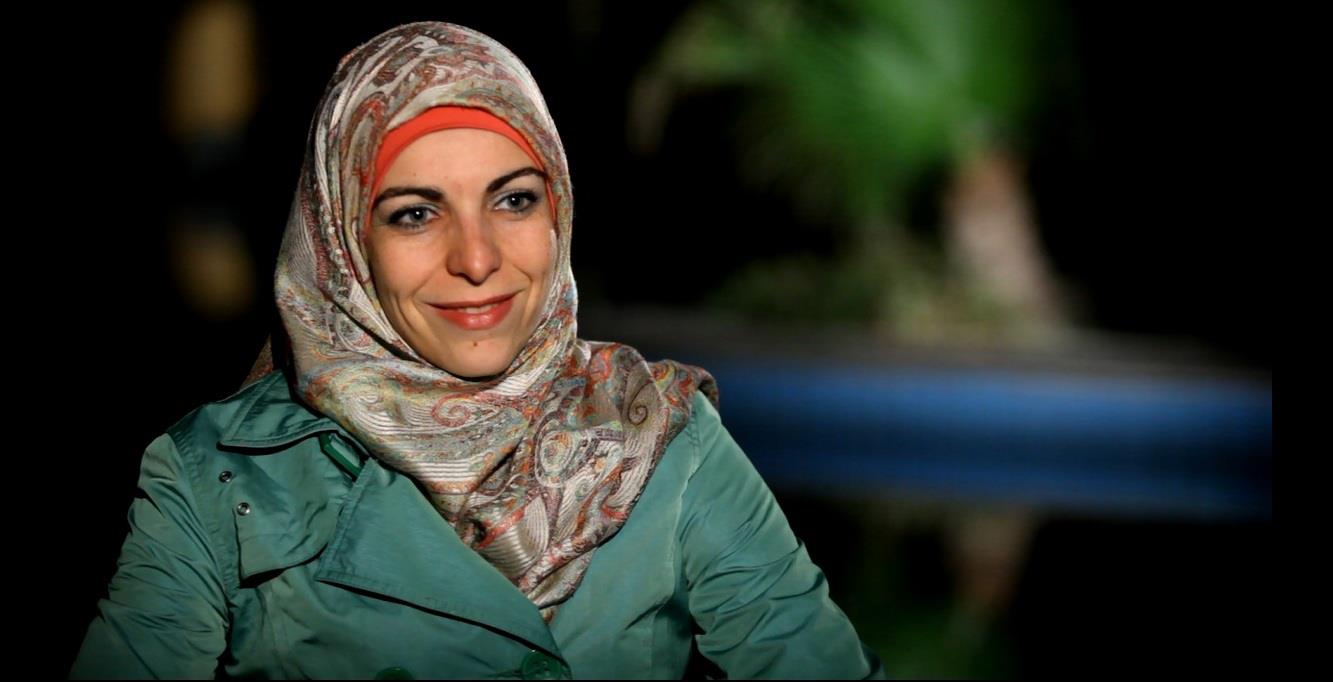
The Muslim expert, Anna Stamou, has emerged as an active member, confidently taking steps towards her desired goals, which include combating Islamophobia and establishing the legitimacy of equal political, social, and religious rights for all immigrants, particularly Muslim immigrants. She is now the first European woman wearing a hijab to be nominated by the Greek Green Party for membership in the European Parliament.
Stamou gained more in-depth field experience in interfaith dialogue and, having mastered the art of speaking out against flagrant injustice committed against vulnerable Muslim immigrants, she is now the Islamic Association’s official spokesperson. As we at Arabisk London are keen to benefit from the expertise of those working in the field of addressing immigrant community issues in general and Muslim communities in particular, and because of the similarities in situations and the details of the crises related to the presence of Muslims in European countries, we conducted this interview with Ms Stamou to discuss issues and problems related to the phenomenon.
Interviewed by: Mohsen Hassan
- Let me start by asking you what you think about the phenomenon of Islamophobia and the factors contributing to its worldwide spread.
Islamophobia is a fabricated racist phenomenon that has allowed white supremacists and extremist right-wing movements to attack Muslims and spread enmity and hatred against them, especially those compelled to flee their home countries for various reasons. In reality, this phenomenon is nothing but a tool among the tools of political manipulation, economic exploitation, and the depletion of natural resources in subjugated Islamic countries. Those seeking wealth and power have created conflicts and wars of Islamophobia, just as they create deadly biology among people, all for the purpose of undermining safe societies by spreading false, misleading, and extremely dirty claims about Islam and Muslims. Regrettably, these claims are accepted and spread among the ignorant racist mob in various parts of the world.
- What are the most dangerous challenges that Islamophobia poses to Muslim minorities in Europe?
There are enormous risks and challenges that are difficult to fully capture here, but the most dangerous difficulties we face in general are that we are far from being recognised as equal citizens with others and that we are deprived of living on an equal footing in society, according to equal rights, equal duties. In Greece, for example, we still lack the basics such as practising religious rituals, basic religious education, access to government positions, or even engagement as civil employees. In general, each European country faces unique crises and challenges, but the lack of equality remains a recurring theme.
- How, in your opinion, can Muslims combat Islamophobia in societies such as the United Kingdom and Europe in general?
For more than ten years, Muslims in the United Kingdom and Europe have been the target of prejudice, discrimination, and hate crimes. A number of organisations, including the European Union Commission, which has relevant commitments and a dedicated department for this issue, have attempted to find a solution to neutralise and minimise this hatred. Unfortunately, the results have been poor and ineffective so far, and the laws and regulations in these countries are not particularly effective. On the other hand, many European governments continue to pursue stringent policies and employ anti-Islam and anti-Muslim measures under the guise that the flood of refugees to the European continent destroys social cohesion among its population!
- Do you have any particular proposals to limit the spread of this phenomenon?
For starters, the authorities in charge of laws and regulations should increase their efficacy in combating hate speech and illegal behaviour directed towards all that is Islamic. Furthermore, European educational curricula should be cleansed of the contaminants of condemning people who are different and distorting their intentions simply because they practise a different religion. Second, the thoughts and behaviours of every European country’s security apparatus must be upgraded in accordance with the principles of fair and positive treatment of Muslim immigrants rather than their perpetual inclusion on lists of suspects in terms of security and ideology. Third, decisive European decisions must be made towards the countless media outlets that broadcast Islamophobic propaganda around the clock and throughout the week, without rest, washing and contaminating the minds of Europeans, particularly those with political leanings, with misleading concepts and claims. In general, we need the combined efforts of European civil, governmental, and community groups to adopt firm official statements opposing Islamophobia.
- Muslims and many British citizens are concerned about the growth of Islamophobia. Do you have any successful experiences that can be drawn upon to curb this spread?
In the United Kingdom and other European countries, we face hate speech and crimes in our communities, as well as anti-Islamic government legislation. We are always working to enhance public awareness, enlighten people about the truth about Islam and Muslims, and provide extensive explanations about the issues the Muslim community faces to foreign organisations that want to help. However, when we focused on collaborating with the greatest number of fascist and racist opponents in Greece, we were most successful in attaining our objectives. By doing this, we were able to convince the authorities that it would be possible for them to assist and support us in exposing the deceits, schemes, and crimes of organisations that encourage racial hatred, persecution, and defamatory propaganda against us.
- Speaking about the United Kingdom and the Islamophobia issue, why do you believe this complaint occurs in a multicultural society?
If we have plausible and probable levels of Islamophobia in Greece, I believe it is improbable, if not impossible, that it exists in the United Kingdom. Millions of Muslims were part of the British Empire, and many of them are still Commonwealth members. The phenomenon among British people, in my opinion, is nothing more than a pure class struggle. The economy is deteriorating, and political developments do not allow the vast majority of citizens to settle and excel as they once did. Because the British people are now poor, they find it appealing to perpetuate the same racist and hostile propaganda against Muslims and their religion, just as it is in France and any other European or non-European country where people and countries have moved from wealth to poverty. If Muslims in Britain could go back in time, the British would say, “Thank you to the colonies.” What Muslims say in this context is exemplary: they don’t mind seeing me as a cleaner or a construction worker, but they are irritated when I become a successful doctor, a good lawyer, or anything. Because Muslims are still classified as lower-class citizens, there must be a class struggle, and the phenomenon in Britain indicates the presence of such a battle. As a result, Islamophobia is on the rise!
- From this statement, am I to understand that the phenomenon of Islamophobia may be officially and publicly exploited or associated with the occurrence or disappearance of certain events?
Yes, as I previously stated, this phenomenon—unfortunately—is used as a pawn in the hands of various powers, including governments, media outlets, and the funds that support them, as well as civil and political society and the balance of peace and war. It is heavily exploited politically, and fundamentally, Islamophobia was created to promote an extreme right-wing political system. Nowadays, if someone wants to get elected effortlessly, they may easily adopt an anti-Islam image and racist language towards Muslims, and they will immediately obtain financial support and extremist media endorsement. This is true for all European countries; hatred of Muslims is the simplest method to capture voters’ attention. However, if the media discourse shifts to a more tolerant and humane direction, Islamophobia would have fewer occurrences and victims, aside from its disgusting rhetoric against others. Actually, we do not see a positive portrayal and evocation of Muslim qualities in the world, which is intentional, except when they describe the obscenely rich or members of the royal family.
- Is interfaith conversation beneficial in combating Islamophobia in Europe and the United Kingdom?
Although I have been involved in the interfaith conversation for many years, I regard the positive outcomes as being relatively limited, with the exception of the notable moves taken in the last two years alone, pushed by necessity. Hate crimes have increased, and all Muslims, along with all religious people in the world, have started to feel fear; because Islamophobia has attracted more hateful groups, and it seems that the tyranny of hatred has united many segments of society. Religious people have realised that unless they band together, they will become vulnerable in the face of any current or future hardships or obstacles. As a result, I believe that in the coming years, we will see a few positive results, and Muslims are always willing to engage in constructive and fruitful religious conversation.
- When, in your opinion, may public institutions in the United Kingdom and Europe employ Islam to combat racism and its crimes?
As Muslims, we understand that Islamic teachings are the finest practices for creating a flourishing society free of discrimination, prejudice, and class conflict. These teachings, however, do not reach higher authorities or governments in European countries. They usually focus on the unpleasant activities of some Muslims and hold on to them in their memory. Unfortunately, the global and European communities do not fully allow themselves to discern between Islam as a whole religion and way of life on the one hand and the mistakes of ordinary Muslims on the other. The world is reluctant to acknowledge that Muslims, like everyone else, make mistakes and err. It is unjust to criticise Islam as a religion for the mistakes of its followers, just as it is unjust to blame Christianity as a religion for the mistakes of some of its followers. In reality, we are lacking in both kindness and clarity on this issue. We support interfaith dialogue and its role in establishing a shared positive basis for all heavenly teachings so that they can be used to repair the harm done to those who are victims of hatred and prejudice.
- Speaking of Muslims’ imperfections, do some of them lead to degrading and distorting the Islamic religion’s image?
Yes, of course. We are 1.9 billion Muslims, yet being Muslim does not imply perfection. As a result, committing mistakes is feasible, if not inevitable, for any human being, Muslim or non-Muslim. However, when some conspicuous and harsh mistakes are made by people who claim to be Muslims, the negative consequences are vast and decisive in judging Islam as a religion and Muslims as followers. From this perspective, we can observe individuals insulting our religion, as well as some groups who enjoy humiliating vulnerable Muslims here and there.
- What are your thoughts on burning the Qur’an, drawing satirical cartoons of the Prophet Muhammad, and other similar behaviours and actions?
We have discussed such behaviour among Muslims in Europe on numerous occasions, and we remain convinced that it is a provocation to the general Muslim population and that it is carried out in accordance with a behaviour system that is politically supported and endorsed by extreme right-wing parties, with full media coverage. Those who participate in such behaviour derive great joy from causing harm to Muslims, their books, and their religion whenever they wish and without repercussions. Nonetheless, we are confident that these are temporary, ephemeral behaviours that can change and evolve at any time. Hostility is presently directed at Muslims, and one day they will forget their hatred for Muslims and channel it to another direction and other people, as they did with the communists in past decades when Islam did not represent an issue for them. This erratic shift in a Europe obsessed with finding an enemy to hate is, at its core, a significant problem that calls for concern and treatment.
- Finally, will Islamophobia continue to rule the European mindset for a long time, or will it fade away gradually?
Despite my pessimism, I believe Islamophobia will diminish once a new “global enemy” develops. In the same manner that hatred for communism is waning, hatred for us will begin to dissipate when decision-makers decide so. This is not to say that we will not strive to improve our lives, communities, and environment. We shall, without a doubt, do our greatest and remain vigilant and active for the good of our larger society.

Dr. Hassan Al-Nemi: Politicians’ Choices Have Power, and so Do the Words of Intellectuals!

Wael Habbal: The Soul’s Voice is its Mirror, and Only the Proper Means can Bring out its Purity and Magnificence!
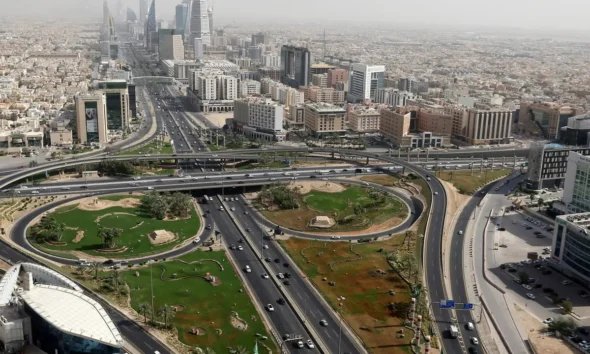
Non-Oil Sectors KSA will Depend on to Diversify from Oil by 2025
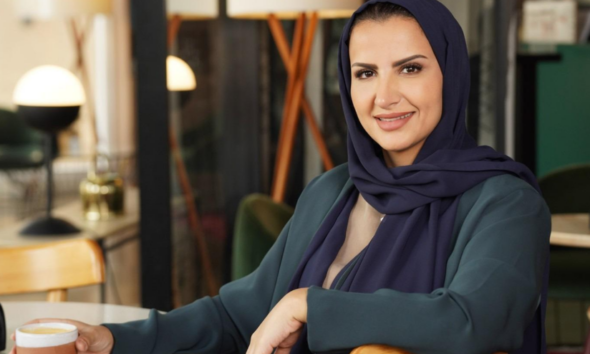
Reem Garash: A Pioneer in Saudi Hospitality
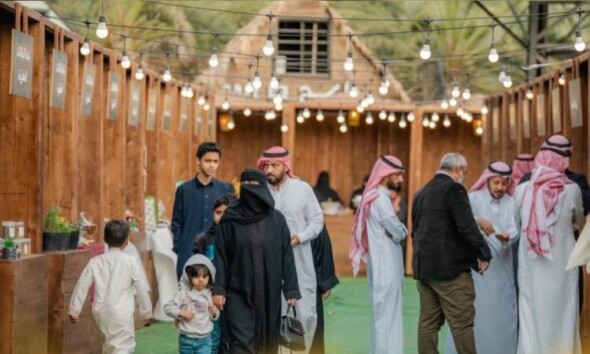
Our Winter is Rural: The Saudi Countryside Becomes a Yearly Success Story


